Recent reports from Iran make this picture even clearer. Despite the first two months of the year having passed, there is no sign of demand recovery. The near-zero budget allocation for infrastructure investments negatively affects market participants’ expectations. Meanwhile, liquidity constraints in the market are putting additional pressure on the sector. Offers based on credit and deferred payments are dampening hopes for price increases. However, gradual supply contraction and low inventory levels carry a limited potential to stimulate demand.
Energy restrictions threaten production in Iran
On the supply side, the energy crisis is back on the agenda. A recently circulated Interior Ministry directive, claiming a 15-day halt in steel and cement production, sparked sudden nervousness in the markets. Although this directive has not been confirmed, the likelihood of significant production cuts between mid-June and the end of September is growing stronger. Beyond rumors, it is acknowledged that the country faces severe electricity supply problems that could once again cause a contraction in semi-finished goods supply, as happened last year.
A potential drop in semi-finished production could also reduce billet availability. However, since demand remains very weak, this contraction may have limited impact on prices. A decline in slab supply is also expected on the sheet metal production front. Moreover, production units are currently struggling due to both power outages and output losses. Downstream production stages that consume sheet metal are likewise facing weak demand exacerbated by closures.
Situation in Jordan and Saudi Arabia
In Jordan’s relatively small market compared to Iraq, Saudi Arabia, and the UAE, a similarly gloomy picture prevails. The rebar market in Amman has been sluggish, particularly since before Ramadan. Rolling mills report they cannot produce for their own sales and only roll rebar if customers supply billets or scrap, charging a rolling fee. Competition in Jordan is mainly among three scrap-based billet producers fighting over a very limited market share.
Saudi Arabia remains the most promising performer in the region, supported by major projects such as Vision 2030, NEOM, and the Red Sea development. Investments in new flat and green steel plants continue, while older induction furnaces are being phased out in favor of more environmentally friendly production methods, attracting global attention. Although cautious steps are required in the short term, the country’s long-term outlook is much more positive.
Current prices in Saudi Arabia:
Billet EXW price: 545 USD/ton
Imported billet FOB price: 428 USD/ton
Billet price CFR main ports (3sp; min 0.6 mn): 485 USD/ton
Recycled steel price: 340-360 USD/ton
Rebar price: 640 USD/ton


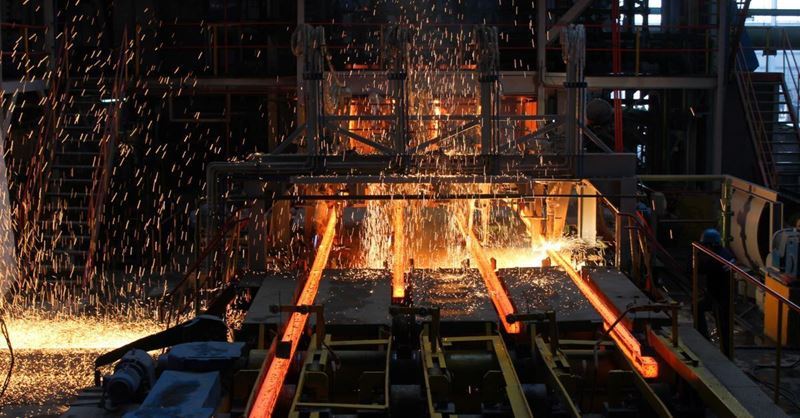
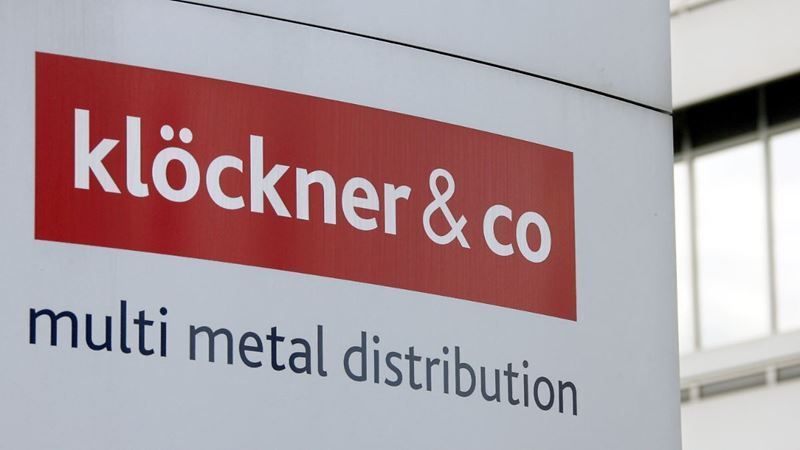

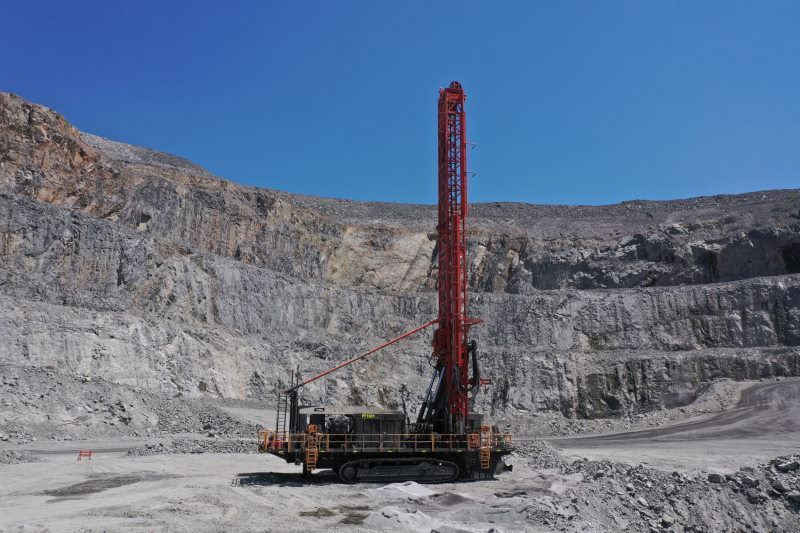
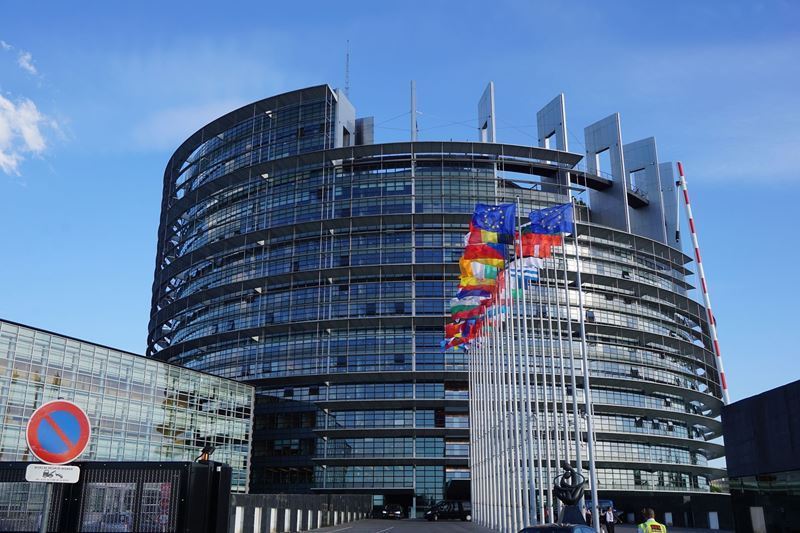
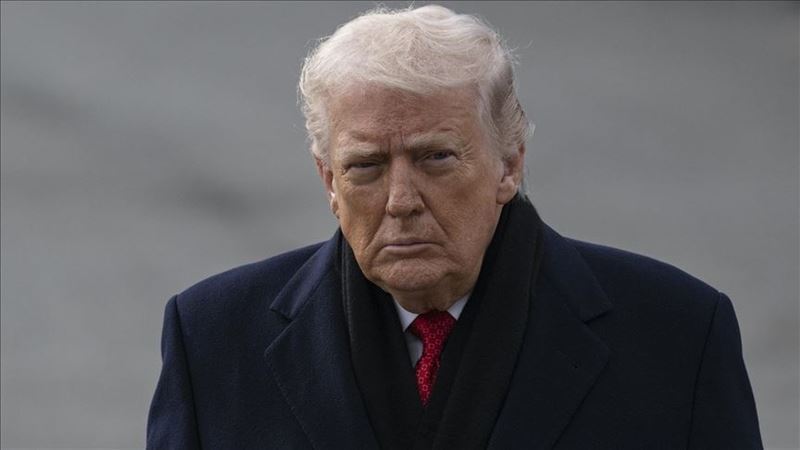


Comments
No comment yet.